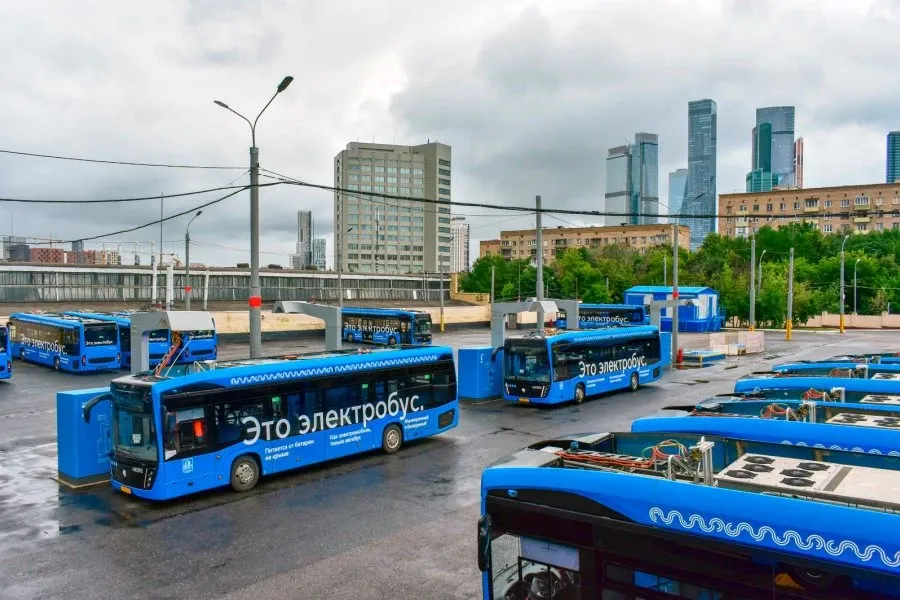Qualcomm Announces Snapdragon 8 Gen 5 Platform
Qualcomm added its latest smartphone platform to its premium-tier Snapdragon range.

At of the end of 2020, Moscow’s electric bus fleet has reached 500 vehicles, which is more than in any other European city. London currently has 300 electric buses, Paris 259 and Berlin 200. Moscow’s electric buses are fully adapted to the city’s requirements: rapid recharging, low-temperature capability and low noise levels.
Moscow has managed to achieve these results in just two years since its first electric bus was launched in the autumn of 2018. Since then, the new ecological mode of transport has carried 55 million passengers. Electric buses are currently serving on 40 routes around the city, traveling 350-400 kilometres each per day.
The main manufacturer of the traction electrical equipment and batteries for Moscow’s electric buses is Russian company Drive Electro, which has already supplied equipment sets for 400 vehicles. For this new type of transport, the company has used lithium-titanium storage batteries, enabling the vehicles to operate as efficiently as possible and requiring just 6-20 minutes to recharge. The engineering solutions enable the electric buses to operate even at low temperatures, which is particularly relevant given Moscow’s changeable climate.
Using electric buses helps to reduce operating costs and simplify technical maintenance of the rolling stock. Electric buses are supplied to the city under life cycle contracts with guaranteed servicing by the manufacturer over 15 years of operation. They also minimize harmful emissions, while noise and vibration levels inside the vehicle are 30 percent lower than for a diesel bus.
A further 400 electric buses will be supplied to Moscow next year, and by 2023 the government plans to expand the fleet to 2,300 units, constituting one third of the city’s surface transport fleet. Taking trams into account, approximately 40 percent of Moscow’s surface vehicles will have switched to electric traction. And by 2030, the city’s entire surface transport fleet is due to go green.